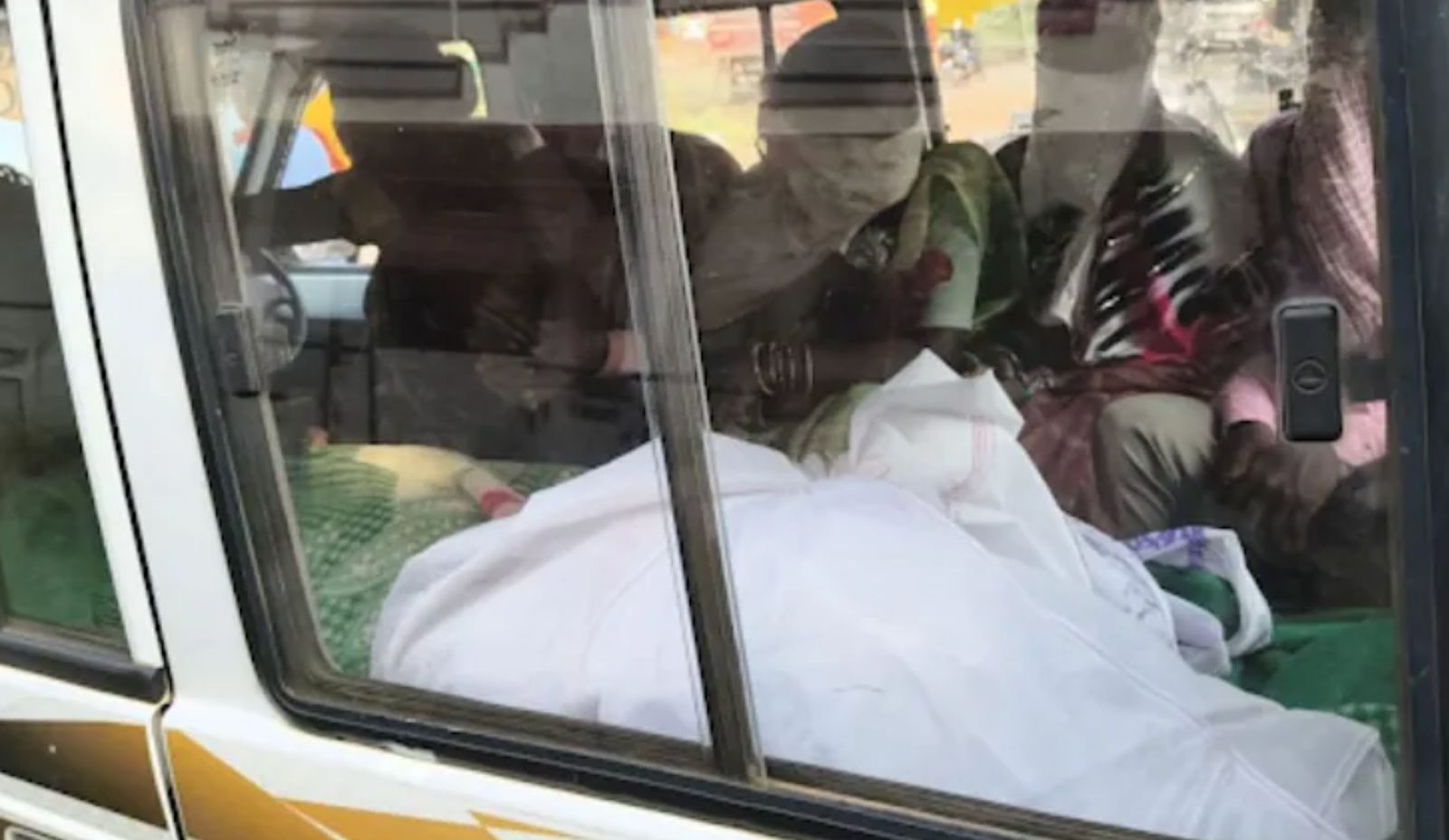Chhattisgarh: another Christian convert denied burial rights
The family of Manish Nishad, 50, moved his body from village to village for three days because residents refused to allow his burial on private land after he “abandoned” his original religion. This is the latest in a series of cases in tribal areas. “Kanker has become the hotbed of Hindu fanaticism,” International Christian Concern reports.
Raipur (AsiaNews) – Residents of Kanker, a district in the State of Chhattisgarh, have prevented the burial of Manish Nishad, a 50-year-old Christian convert, forcing his family to move the body from village to village for three days, unable to perform funeral rites due to local opposition.
“The family had to finally bury the body at the Sankra burial ground away from Jewartala village,” said Balod District Police Chief Yogesh Patel.
Nishad died on 4 November while undergoing treatment in Raipur. When his family brought his body home to bury him on their private land, villagers objected, arguing that those who had abandoned their traditional faith could not be buried within the village boundaries.
According to some witnesses, villagers forcibly prevented the body from entering the village and demanded that only traditional local rites be performed.
The police intervened, but did not reduce tensions. The Christian community surrounded the Kodekurse police station, demanding the right to bury the body. The police transferred the body to the Kodekurse hospital morgue.
Last Friday, the family, escorted by a police team, took the body to Charama, hoping for a peaceful burial. But members of a Hindu organisation stopped the vehicle, saying that they would disrupt the funeral. As the pressure mounted, Nishad's body was taken to Raipur, where it remained, still unburied three days after the death.
“Kodekurse follows traditional customs,” said Devendra Tekam, member of the district panchayat, trying to justify the villagers' position. “The community has its own burial system. If the body must be buried, it should follow village tradition; otherwise, it should be taken outside the village.”
“He left his original religion,” added Raghunandan Goswami, a villager. “We told the administration that unless they return to the old faith, we won't allow burial here. This is a Fifth Schedule area, and we are following our customs.”
The case echoes previous incidents in Chhattisgarh’s tribal areas. Last July, violent clashes broke out in Jamgaon, a village in Kanker, when locals protested the burial of another Christian. A mob eventually vandalised churches and attacked homes.
This year, a case involving the disputed cremation of a pastor Subhash Baghel from Bastar region reached the Supreme Court. The son, Ramesh Baghel, wanted to bury his father near the ancestral graves in the village, but the villagers objected.
On 7 January, a two-member panel on India's highest court finally ordered the burial 35 kilometres away. The decision was, nevertheless, controversial since the two justices split over the issue, one favoured burial in the ancestral village, while the other argued that final rites should take place in a designated cemetery, eventually settling for the latter.
The village in question is home to several tribal communities: Kalhar, Raut, Kumhar, Maria, Bhatra, Halba, and Dhurva, along with Dalits of the Mahara caste. Panchayat officials argued that the issue was not merely religious, but one of tribal identity and reservation rights.
Citing the Fifth Schedule (Regulatory Framework for the Administration of Protected Areas and Protected Tribes) and the PESA Act, they argued that bodies can only be buried in designated community plots.
In February 2024, the gram sabha (local assembly) passed a resolution declaring that anyone who abandons their traditional religion would lose the right to be buried in the village cemetery.
Many residents consider Christian burial customs a challenge to their orthodox tribal practices, causing a divide between faith and tradition.
According to International Christian Concern (ICC), on Sunday, 5 October, about 400 people from 22 villages in Kanker District gathered to discuss “the growing number of conversions to Christianity in their area affecting their cultural identity, customs, and traditions.”
“By the end of the meeting, they decided to oppose Christian burial practices,” the ICC said.
“In recent months, Kanker has become the hotbed of Hindu fanaticism, with multiple tribal villages adopting violent or non-violent methods to impede Christians from practising their religious freedom guaranteed by India’s Constitution,” the ICC explained.
20/01/2025 12:20







.png)










